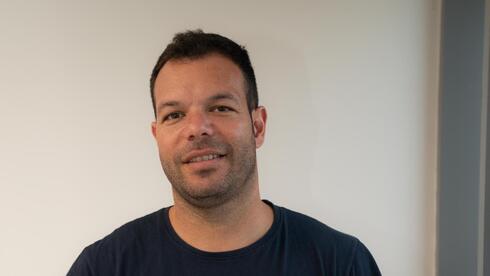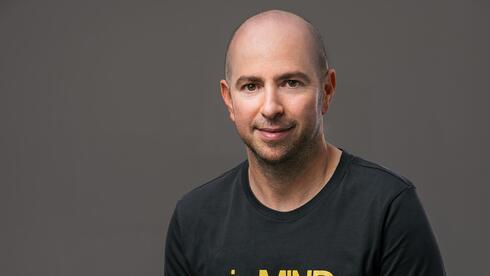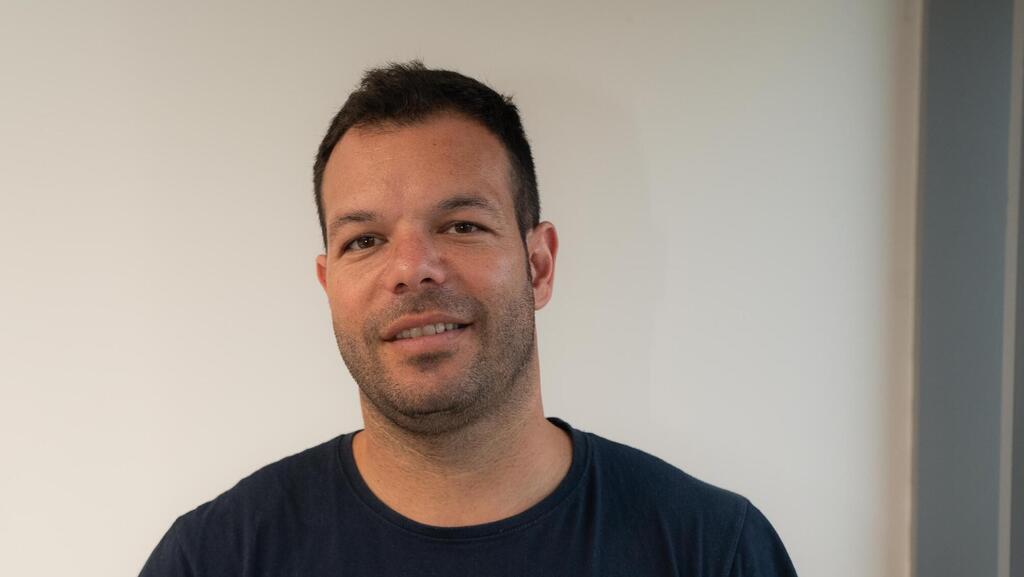
Former Verbit CEO Tom Livne launches new startup, leveraging AI to tackle drug development challenges
Grace, which aims to repurpose abandoned drugs through advanced artificial intelligence, is expected to raise its first funding round in the coming weeks, targeting $10–20 million.
Tom Livne, co-founder of Verbit, is establishing a new company called Grace, which will focus on discovering drugs using artificial intelligence. Currently, many drug development projects are abandoned during the clinical stages for various reasons. Grace aims to use AI-powered software to analyze all available data related to these discontinued drugs and identify new possibilities for their development.
Livne’s partners in the venture are two graduates of the elite Talpiot program: Shay Liraz, a former Chief Technology Officer at DDR&D (Directorate of Defense Research & Development at Israel's Ministry of Defense), and David Futorian. The two approached Livne about a year ago, initially seeking his investment in the company. However, after several discussions, Livne decided to join as a co-founder and now serves as the CEO of Grace. Calcalist has learned that Livne has invested hundreds of thousands of dollars of his own money into the company. Grace is expected to raise its first funding round in the coming weeks, targeting $10–20 million from both local and international investors.
Livne, who is estimated to be invested in over 15 startups and seven venture capital funds, is best known for founding Verbit, a unicorn specializing in transcription and captioning services. Livne led Verbit from its inception in 2016 until his departure roughly a year ago. At its peak in 2021, during the tech bubble, Verbit was valued at $2 billion following a $250 million funding round, part of which involved secondary transactions to buy shares from founders, employees, and investors. Over its lifespan, Verbit raised approximately $600 million.
However, with the rise of advanced AI models, Verbit faced increasing competition from solutions offering high-quality transcription services at lower prices. The resulting impact on Verbit’s revenue led Livne to notify the board of his intention to step down, citing the need for leadership better suited to the challenges of the evolving market. His resignation was expedited after an interview in which his comments caused discomfort among the company’s investors. Livne was succeeded by Yair Amsterdam, a senior executive at the company who was later named permanent CEO.














